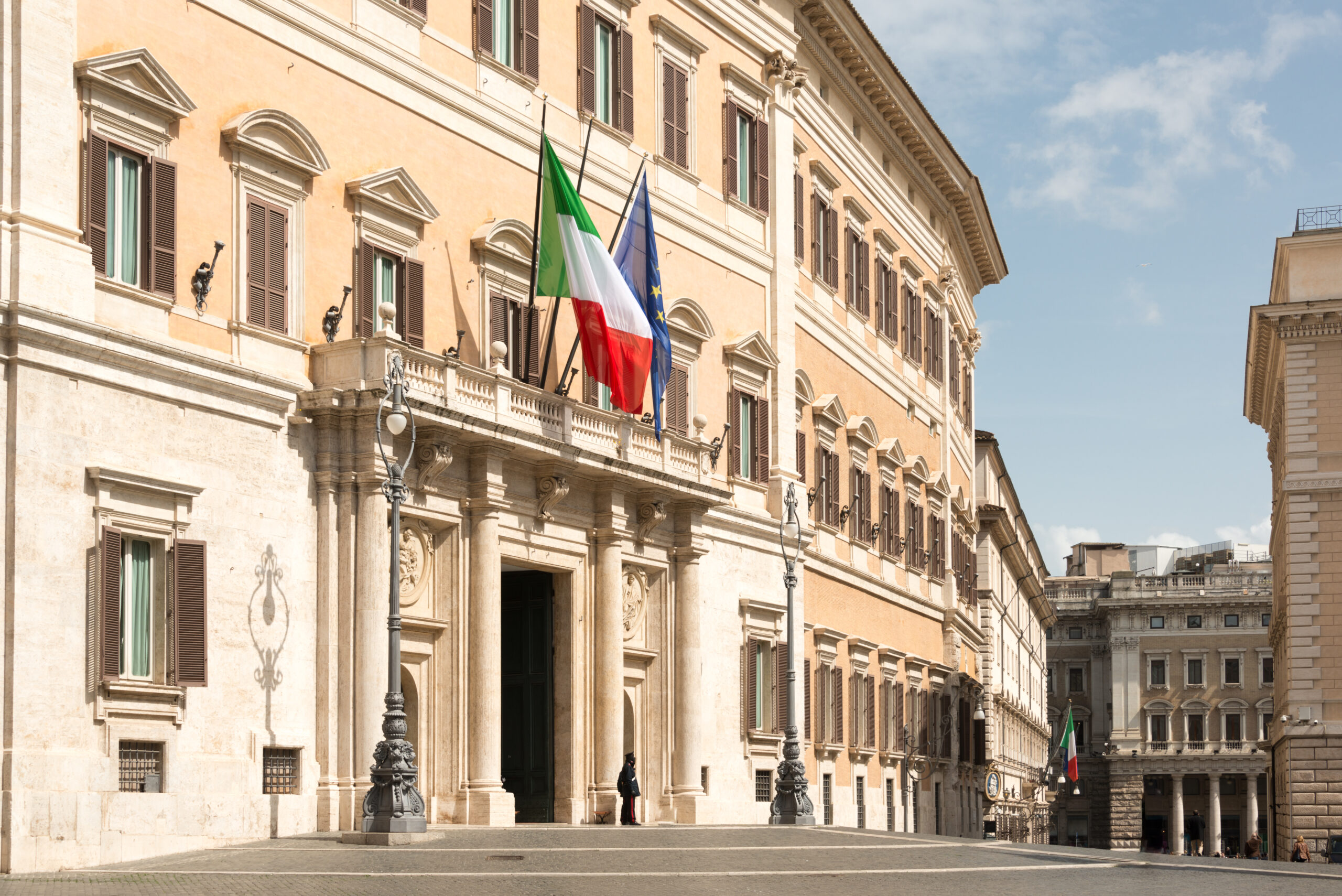
Marcello Maneri
Research Affiliate
Forum Internazionale ed Europeo di Ricerche sull’Immigrazione (FIERI)

Andrea Pogliano
Research Affiliate
Forum Internazionale ed Europeo di Ricerche sull’Immigrazione (FIERI)
Migrations involve millions of people in Italy and have become a fundamental pillar of the country’s workforce, demographic and social security balance, as well as one of the key issues in the political debate. The way they are told therefore affects everyone, directly or indirectly. This Working Paper highlights some of the main features and key points of the narratives on migration conveyed by the media. Media stories are indeed the most effective means of orienting the public, influencing at the same time the way the phenomenon is discussed and handled in the hybrid media system, in the political scenario, by “street-level bureaucrats” and in civil society.
This Working Paper is based on three case studies designed to investigate narratives not only as stories, but also and above all as a process of elaboration and circulation of the stories themselves. They concern the first challenge to the “closed ports” policy called for by Interior Minister Matteo Salvini, with the disembarkation of 53 refugees rescued by the NGO Sea Watch in Lampedusa at the end of June 2019; the debate in June 2017 on the (subsequently failed) reform of the citizenship law on the occasion of its discussion in the Senate, fraught with identity issues inscribed in political and cultural narratives; and, finally, the attempted white supremacist massacre in Macerata by Luca Traini in February 2018, in the midst of the election campaign.
It argues that the way in which narratives about migrants have been structured and polarised obscures significant aspects of migration, conveys an idea of Italianness based on the purity of ancestry and denies the possibility of giving voice to migrants, thus contributing to their dehumanisation. Furthermore, it argues that some political strategies – namely those used by right-wing political forces in these specific years – have been more successful than others, for reasons related both to the now consolidated structure of migration narratives and to the logics of journalistic production and remediation of texts posted on social media.







